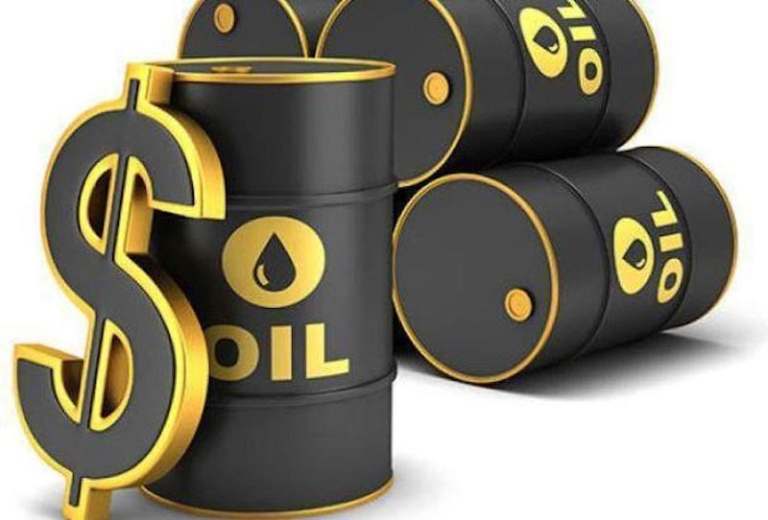Oil prices dropped in the early hours of Friday, falling below $100 a barrel, as the International Energy Agency (IEA) started a second release from its emergency stockpile that will add 60 million barrels of crude to the market.
The agency’s release is coming in addition to the millions of barrels released by the US from its crude reserves to ease tight global supplies.
According to news reports, the IEA’s stockpile release includes 120 million barrels of oil, half from the US and half from other members just as the US is releasing 120 million barrels from its Strategic Petroleum Reserve, which brings the total supply to the market to 240 million barrels worldwide.
The announcement on Thursday by the IEA marked the second co-ordinated deployment of oil stockpiles. Last month, members of the Paris-based agency agreed to release 61.7 million barrels to the market, with 30 million coming from the US and 2.2 million from the UK.
Brent, the global benchmark for two thirds of the world’s oil, was trading 0.66 percent lower at 99.92 per barrel at 5.45am Nigerian time on Friday for the first time since mid-March, while West Texas Intermediate, the gauge that tracks US crude, was 0.43 per cent weaker at $95.62 a barrel.
Market monitoring by our corresponded showed that about three hours later, precisely by 9.00am, Brent price marginally rose, gaining 0.42 percent to hit $101.1 per barrel while the WTI increased 0.52 percent to $96.53.
It would be recalled that oil prices dropped from their 14-year high in mid-March after the US banned Russian energy imports and the UK said it would phase out its purchase of Moscow’s oil.
Downward pressure on prices increased after Washington said it was releasing 180 million barrels of oil stockpiles from its strategic petroleum reserves over a six-month period, followed by the 31-member nations of the IEA committing to the largest release in the agency’s 47-year history.
Meanwhile, China, the world’s largest importer of oil, is experiencing a wave of Covid-19 infections and has implemented strict lockdowns in Shanghai, raising fears about waning demand that is weighing on oil prices.






